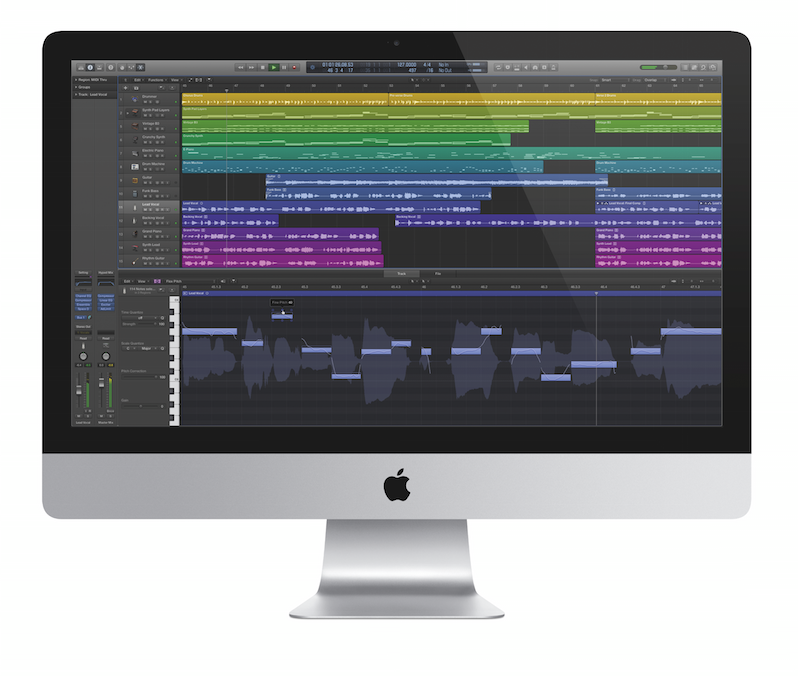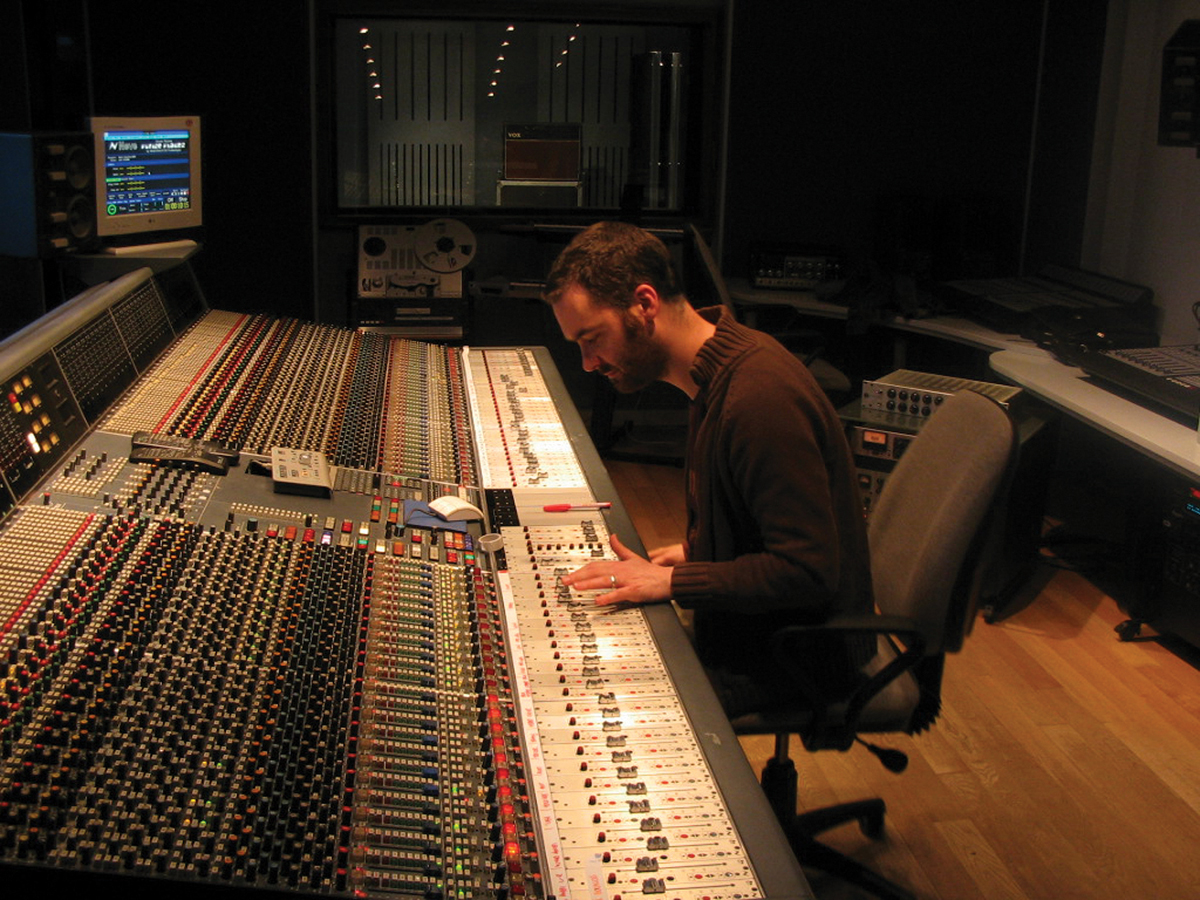14 Music Composition Tips – Make Money From Music
It’s time for MusicTech’s mammoth tips collection on making money from your music. Over the next few weeks we’ll gather top advice on composing, demoing, marketing and creating an online strategy for your music. In short, everything you need to make notes from your notes… Part 1: Compose Your Music Our top tips to making […]

It’s time for MusicTech’s mammoth tips collection on making money from your music. Over the next few weeks we’ll gather top advice on composing, demoing, marketing and creating an online strategy for your music. In short, everything you need to make notes from your notes…

Part 1: Compose Your Music
Our top tips to making the music that will hopefully make you the money!
1: Get Good Sonic Weaponry – Be comfortable producing using a number of different synths and instruments, and familiarise yourself with classical strings, pianos and guitars – either real or virtual – all essential sounds in film and library music.
2: But Not Too Much – Too many instruments can turn you into a preset hunter, never quite familiar enough with one instrument to get the best from it. Sometimes limiting yourself can boost creativity, so get to know two or three instruments really well.
3: Know your DAW – Getting to know your sequencer’s shortcuts and power routes will reap dividends and speed up your workflow. Check out MusicTech’s Power User series for every major DAW – Ableton, Cubase, Reason, Logic, Pro Tools and FL Studio

4: Use Sample Libraries – and the samples free with MusicTech! Some people scorn their use, but samples are there to be used in commercial recordings, sync and library music. They are cheaper than ever so use them!
5: But Not Too Many! – As above, don’t overdo it and become too reliant on samples. In fact, don’t become too reliant on any one aspect of music technology as fashions can quickly change…
6: Lose Your Emotions – Don’t get too attached to your music. If you become successful as a film, game or TV composer, your name might not necessarily become as big. Once your music is being used, it’s no longer your own. You’re not releasing a track under your own name; it’s going out under the name of a production company.
7: Lose your Perfection (Sometimes) – If you’re a perfectionist, you might find yourself getting very frustrated very quickly when dealing with clients. Not only might you have differing creative directions, but sometimes the client will care more about meeting the deadline than producing the best music possible. This is something you’re just going to have to roll with, and you need to be aware that at some point a piece of music you’re far from happy with might be deemed good enough. Take a deep breath, take the money, and move on to the next one.
8: The Need for Speed – Speed needs to be your watchword. If a client calls you at 6pm wanting two or three workable ideas by 9am the next day, you need to be sure that you can step up to the challenge. Work on getting to know your DAW back to front, so that you can leap in and start composing the moment a job comes through without having to fiddle around with settings and Preferences. If you can demonstrate that you can pull off the job on a tight deadline, clients will come back to you again and again.

9: Focus – Get in the composing zone. Eat, poo, turn the internet off, relax and start. Stop making excuses.
10: Remix – You might look down on the art of remixing but do make sure you consider it. Remix other tunes, or – even better – get other people to remix yours. Someone else might see your music in a new light, or twist the genre into something else entirely. And when people hear the remix, they’ll go looking for the original…
11: Bin It… – If an idea isn’t working, bin it and move on. Don’t waste time going down a dark and endless alley with your music. But…
12: Don’t Bin It – never get rid of anything! You never know what’s going to happen and something that sounds a bit dodgy now might be absolutely perfect for a job you get later on. So keep those naff ideas in carefully marked folders relating to genre type, tempo or other descriptive names.
13: Stand and Deliver – When delivering the final music, make sure you’re clear about what your library expects. Most expect WAV files, delivered at 24-bit and 48kHz. With library companies, you should be delivering both a full-length version of your track as well as 30- and ten-second versions.
14: Tag it – Tag your music as much as you can. If you’re a Mac user, the latest version of OSX, Mavericks, enables you to add tags to files. Consider tagging audio by tempo, style, mood, genre and even specific instruments.
2: 12 Tips on Making your Demos
3: 11 Tips on Getting a Name for Yourself
More coming soon…